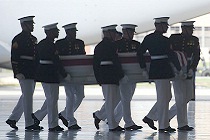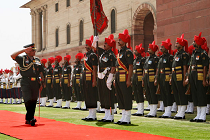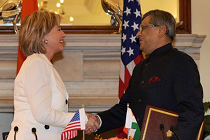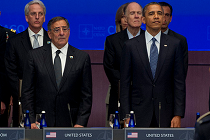Israel-Hamas: Only an intermission
The series of Israeli offensives against Gaza, which began on November 4, ended when Egypt's new President Mohamed Morsi brokered a ceasefire between Hamas and the Israeli government on November 13. The possibility of this ceasefire holding up, however, seems remote.








